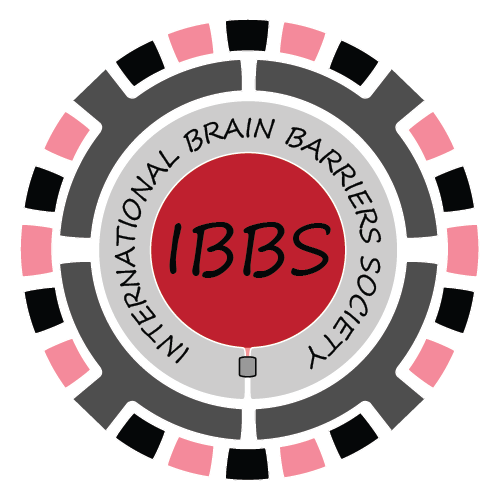The Department of Biomedical Sciences at the University of Minnesota Medical School Duluth (https://med.umn.edu/biomedical) invites applications for a tenure-track faculty position in neuroscience at the assistant professor level. This position is part of a multi-year endeavor to expand the neuroscience research presence on the Duluth campus.
Required qualifications: a PhD, MD, or an equivalent terminal degree in an appropriate field, with expertise in any area of neuroscience; at least two years of postdoctoral experience with a significant track record of publications consistent with the appointment of Assistant Professor, tenure track; and potential to establish and sustain an extramurally funded research program.
Preferred qualifications: commitment to diversity and a demonstrated interest in the training and mentoring of underrepresented minorities; a significant publication and/or funding record that provides evidence for a nationally recognized research program in the neurosciences; excellent communication skills with a strong desire to train students and postdoctoral fellows; ability to collaborate with other investigators across our University system, including the recently developed Medical Discovery Teams; research interests in areas that will complement activities of current faculty in the health sciences, particularly related to neurological disorders, hypoxic brain injury and/or neuroinflammation; and expertise in pharmacology, physiology, computational biology or immunology.
The mission of the University of Minnesota Medical School, Duluth campus is to be a leader in educating physicians dedicated to family medicine to serve the health care needs of rural Minnesota and American Indian communities, and to discover and disseminate knowledge through research. Biomedical Science neuroscientists investigate the fundamental causes of neurological disorders such as autism, Alzheimer’s disease, circadian rhythm disorders and vascular dementia, through the use of techniques that range from genetics, molecular biology and bioinformatics, to electrophysiology and behavior analysis. In addition, our programs are focused on training Native Americans and other people of color for entry into research and health professional careers. The department offers undergraduate, MS, and PhD training opportunities in several University programs, and provides a stimulating environment for the training of postdoctoral fellows.
Our goal is to create an applicant pool that is diverse with respect to the representation of race, gender identity, disability, and other historically excluded populations. Applicants must complete the online application found at https://humanresources.umn.edu/jobs by searching in the keywords field for 338314.
Applications must include: a curriculum vitae; a two-page statement of research interests, including plans for funding; a short teaching/mentoring statement; and the names (with contact information) for three references. Three letters of reference must be emailed by the referees directly to Cheryl Anderson (




